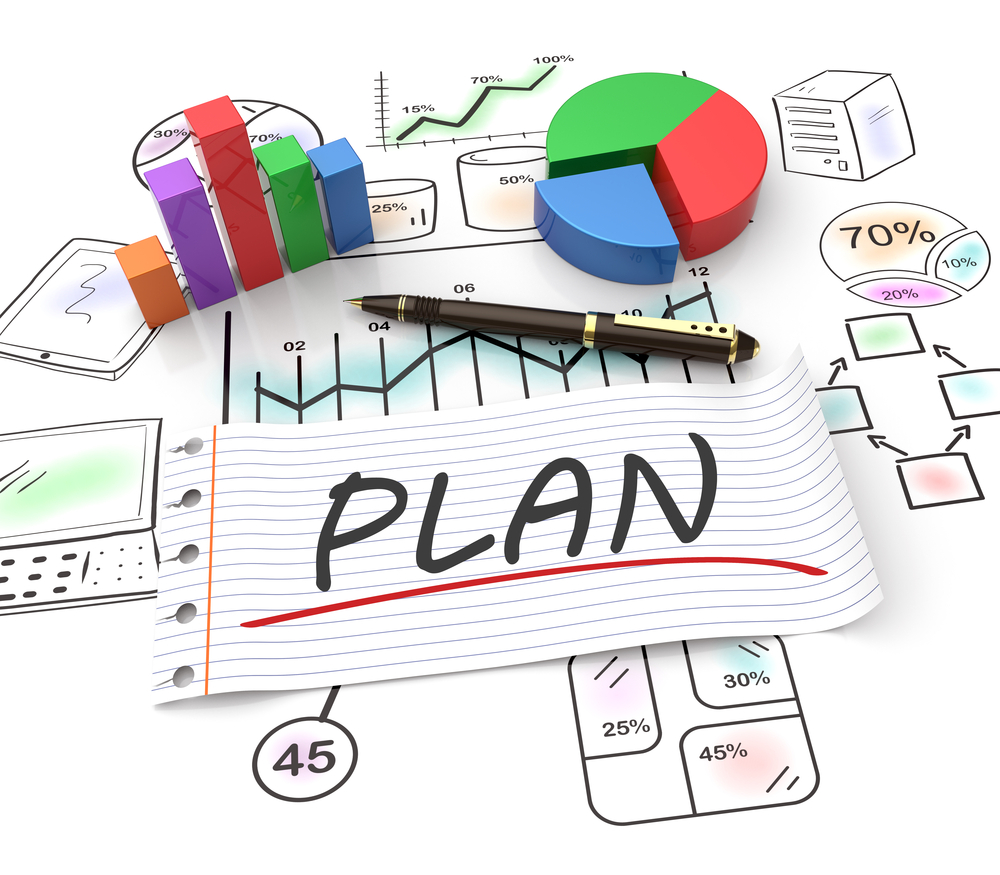A trading ‘curse’ that many of us will suffer from early on in our fledgling trading careers is overtrading.
Overtrading can be defined as trying too hard, trying to do too much, too soon; we chase the market to try and force profit out of the market, generally from a relatively small account. It’s an affliction that effects most novice traders early on in their careers. The symptoms are obvious; we’ll take on too much risk, we’ll probably abandon our trading plan, we trade too many currency pairs at the same time, and we employ several trading strategies; perhaps trying to scalp the market, whilst a swing trading strategy runs concurrently.
All this overtrading and added complication increases your stress levels significantly, you’re bombarding and overloading your nervous system, leaving you: tired, emotional and suffering severe account drawdowns. You’re beginning to enter a dark trading hole and any enjoyment and excitement you originally developed for trading, is rapidly evaporating. The cure is simple; humbly admit your failings and start again, but with the added advantage of gaining valuable experience regarding how not to trade.
Developing your own trading style is a must
You should strip yourself back to basics, concentrate on the style that originally worked for you, simply look for subtle methods to perfect that technique, with all its variations and complications, before moving on. It’s worth noting that at the fledging stage of our career, we’re probably manually trading as a novice trader, and despite it appearing to be a simple process, there’s several basic component parts that you have to get right, in order to execute the process with excellence.
Before we click the mouse and take the trade we need to concentrate, compose ourselves and run through our mental check list:
• Is the spread comparable with recent quotes?
• Is price approaching the level we anticipated?
• Is our stop in place?
• Are we adhering to our business plan in terms of risk and money management?
• Is our stop calculated correctly in terms of risk/position size etc.?
• If price has reacted to an economic news release are there other events on today’s horizon that could affect price?
As we’ve just identified, there’s actually plenty of complication involved in placing just one trade, on one security, perhaps once or twice a day. And when you consider all the skill required to execute one or two trades and the overload it can apply to your nervous system, we can quickly deduce that this is enough stress for a novice trader.
Start trading simple before taking on more complex techniques
Our suggestion, if you find yourself in an overtrading dark hole, is to take a step back, begin with a blank page and start by trading one Forex currency pair only, by using the most basic technique possible. Move aside any thoughts of profit at this stage, just as a lifter needing correction would move aside any thoughts of improving their personal bests.
Let’s perhaps trade only the euro, the EUR/USD, because its spreads are historically the lowest and the fills and slippage experienced is far less. We’ll employ a simple, easy to implement trading strategy, applying a modest percentage account risk on each trade and we stay with this strategy, perhaps adjusting it with micro adjustments, until it delivers profit. Only then do we consider adding other pairs to trade, or running other trading styles, whilst we also consider applying automation to our overall trading plan.





